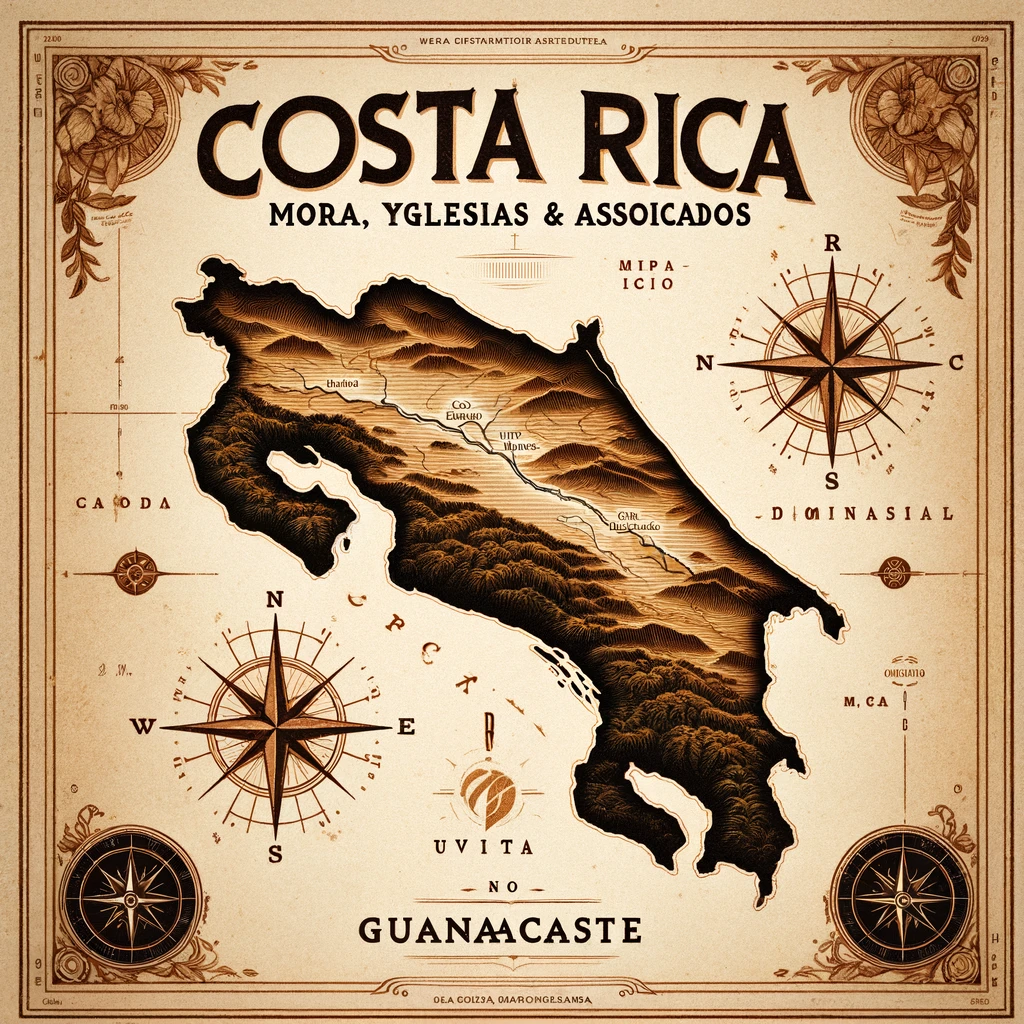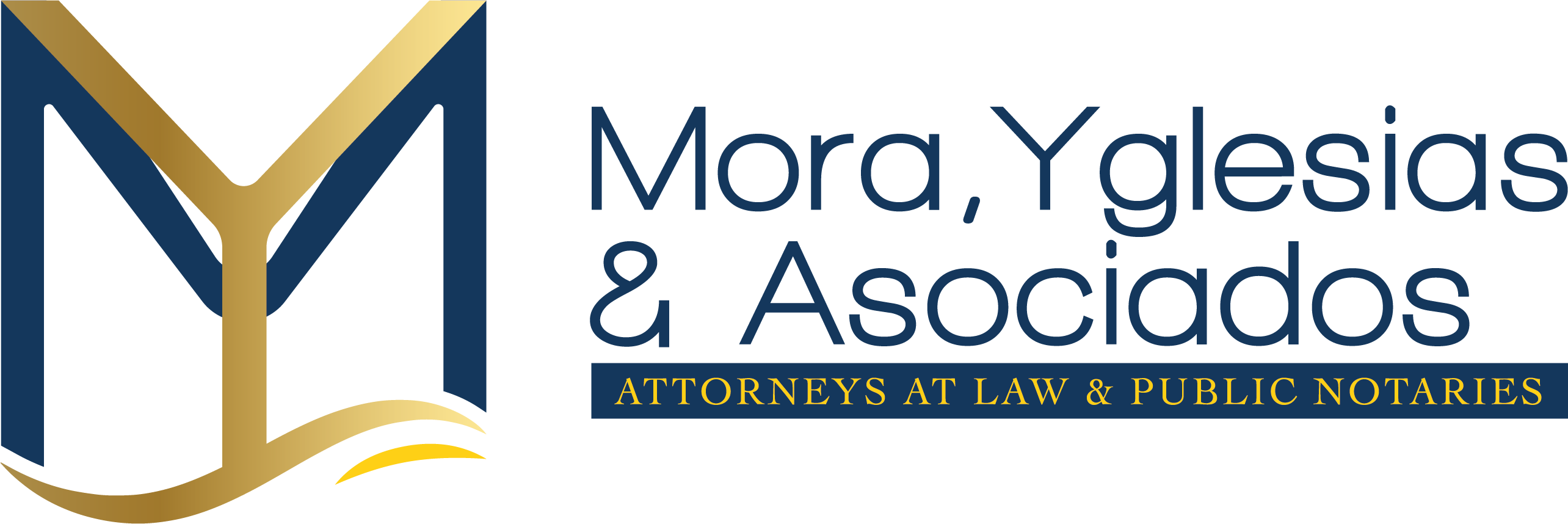
As we keep delving into key aspects of the Costa Rican real estate market, we turn our focus to the nation’s legal framework – a vital component for any savvy investor to understand. This exploration is not just about the dry details of law; it’s about grasping (albeit superficially in this article) how these legal nuances can shape your investment journey in Costa Rica.
**Understanding the Civil Law System**
Costa Rica operates under a Civil Law system, distinctly different from the Common Law system prevalent in the United States. This distinction is crucial for investors accustomed to the legal workings of the U.S. or other Common Law countries. The Civil Law system in Costa Rica is characterized by its codified statutes, where the primary source of law is written legislation. This framework demands a different approach to legal interpretation and application, making it essential for investors to seek guidance from local legal experts, such as those at Mora, Yglesias & Asociados, who are well-versed in navigating these waters.
**Real Estate Ownership and Due Diligence**
In Costa Rica, the concept of property ownership and the processes surrounding it can differ significantly from what many foreign investors might expect. One notable difference is the absence of title insurance, an insurance instrument common in the US. Instead, the emphasis is placed on rigorous due diligence conducted by legal professionals, topographers and, sometimes, engineers and architects. The Costa Rican property regime, underpinned by the principle of public registration, theoretically guarantees property rights, backed by the state. While this system is generally reliable in safeguarding your investment, it is not perfect and claims are complex, highlighting the importance of thorough legal review and verification.
**The Pace of Legal Proceedings**
Another critical aspect to consider is the pace at which legal proceedings unfold in Costa Rica. The judicial system here can be slower compared to what many investors might be accustomed to in the U.S. This slower pace is a drawback that requires patience and understanding. It emphasizes the need for a strong due diligence investigation to avoid any potential claims in the court system, as buyer or seller. The slow pace, however, can be somewhat remediated by using an arbitration clause, which is standard in all our real estate transactions at Mora, Yglesias & Asociados.
**Contractual Nuances**
While verbal contracts are legally valid in Costa Rica, their enforceability can be less straightforward than in Common Law systems. The best practice is always to have clear, written agreements, meticulously crafted and reviewed by legal professionals. This approach not only provides security but also ensures clarity and mutual understanding in all transactions.
As we navigate the intricate landscape of Costa Rican real estate, understanding these legal idiosyncrasies becomes paramount. At Mora, Yglesias & Asociados, our role is to demystify these complexities and guide our clients towards making informed, secure investment decisions. Remember, knowledge is not just power; it is the foundation of successful investment.
Stay connected for more insights, and for a deep dive into the Costa Rican real estate market, consider reaching out to our team of experts. Together, we can ensure that your investment journey in Costa Rica is as legally sound as it is profitable.
#CostaRicaRealEstateLaw #InvestmentInsights #CivilLawSystem 📚🌐

